Rickshaws ruling Dhaka streets amid police inaction
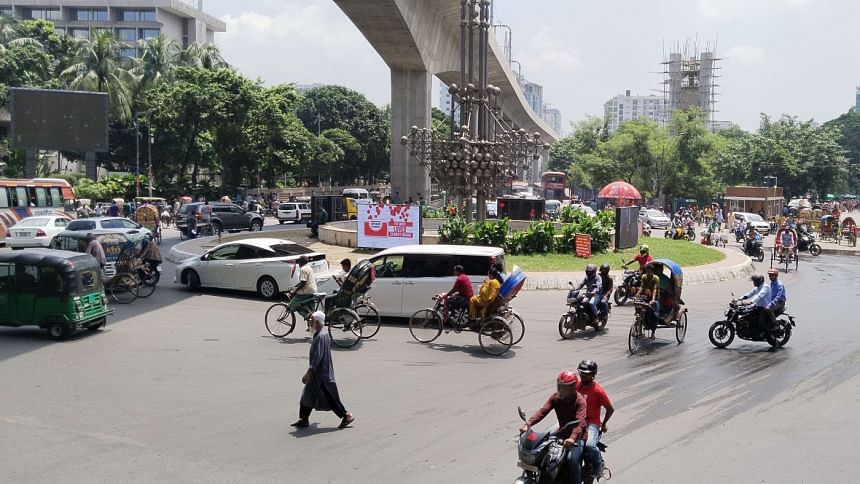
It was around 11:30am.
A pair of rickshaws passed by State Guest House Jamuna, the residence and office of the chief adviser of the interim government, located on Hare Road.
Within a short time, at least 10 more rickshaws, including two battery-powered ones, traversed the same route.
This was the new normal seen all throughout the city, but even just over a month ago this would have been very unusual as rickshaws are banned from plying on most major roads of Dhaka.
But ever since the student-led protests intensified, and especially after the fall of the Awami League government on August 5, the pedal and battery-run rickshaws are ruling city streets in full view of police.
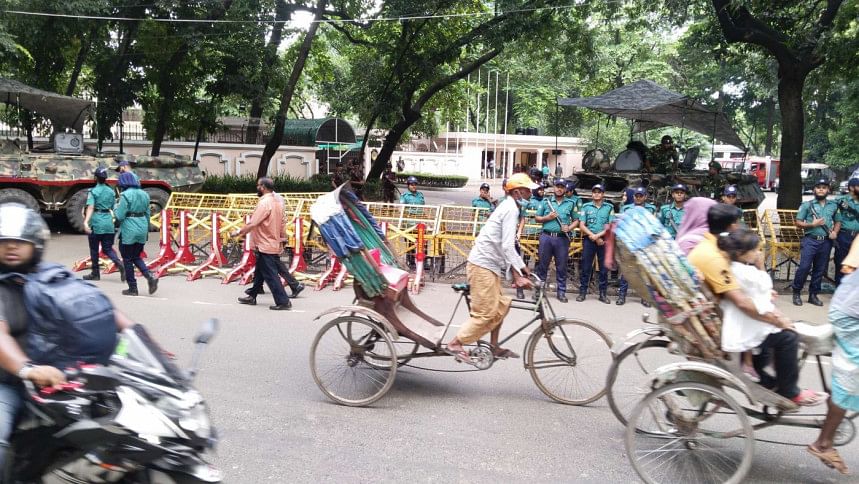
Rickshaw-pullers started to completely flout the ban when Dhaka's traffic system collapsed amid the absence of police for around a weeks following the AL government's fall.
While traffic police have been on the streets since August 12, they are largely limited to directing traffic, but are not enforcing laws.
"My income has increased now that we can go anywhere in the city," Zubair Hossain, a pedal rickshaw puller, told The Daily Star while taking a breather in front of the chief justice's residence.
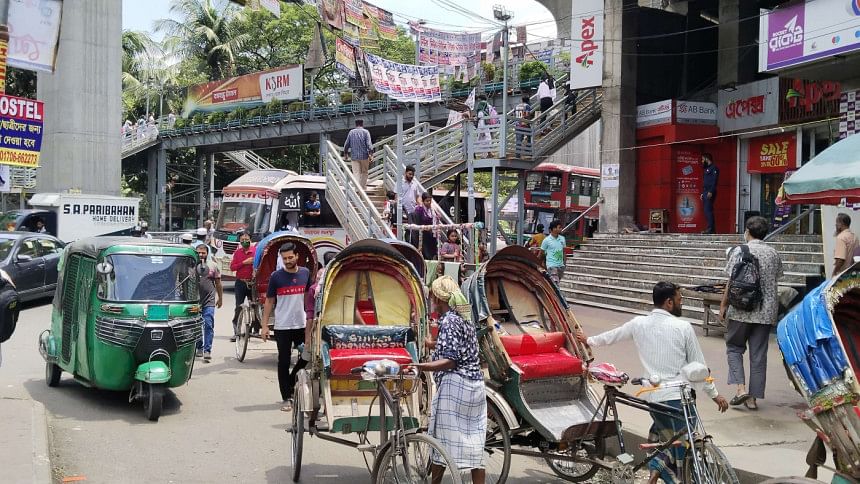
Zubair said he came to Dhaka six months ago, but before August 5, he could only operate his rickshaw in the alleyways of Farmgate, Nakhalpara, Karwan Bazar, Madhubagh, and the surrounding neighbourhoods.
Minutes later Zubair started pedalling his rickshaw towards Moghbazar through Shaheed Captain Mansur Ali Sarak, another road where rickshaws are banned.
A study carried out by the Bangladesh Institute of Labour Studies (BILS) in 2019 said Dhaka had over 11 lakh pedal rickshaws. Also, there were more than 2 lakh battery-run rickshaws in the city.
Pedal rickshaws are allowed only on designated roads while battery-run rickshaws usually operate on feeder roads.
In the past few days, this correspondent observed various major roads in Ramna, Tejgaon, Mirpur, Uttara, Airport, and Motijheel, where rickshaws were frequently seen on the streets.
In the past, police constables and ansar members used to guard the exits of feeder roads to prevent rickshaws from entering the thoroughfares and major roads. But they were not seen during recent visits.
Rickshaw puller Maznu Mia along with others were seen waiting for passengers in front of the Apex Footwear outlet in Farmgate, adjacent to the busy Kazi Nazrul Islam Avenue.
Asked how they managed to get to the major road, Maznu smiled and said nobody stops them now.
"In the past, police and ansar members used to puncture rickshaw tires, take away seats or sometimes even seize rickshaws if we operated on VIP roads," he said.
The rickshaw operations on major roads cause problems for drivers of private cars, buses and CNG-run auto-rickshaws as the slow-moving three-wheelers often go to the right lanes which are supposed to be fast lanes, the drivers said.
"This situation cannot go on. The rickshaw pullers do not obey any street law. We are always in fear of accident now," said Sujan Mia, a driver of Bihanga Paribahan.
Other motorists said the presence of both pedal and battery-run rickshaws was a problem as the two types move at different speeds, so deciding when to change lanes and overtake has become harder.
This correspondent spoke with several traffic constables who, on condition of anonymity, said they no longer stop anyone because they want to avoid the hassles they faced before and after August 5.
"Look, there are only a few traffic police on the streets, and our supervisors often stay on the side of the road," said a constable on duty at a major intersection on Kazi Nazrul Islam Avenue.
Khondaker Nazmul Hassan, additional commissioner (traffic) of Dhaka Metropolitan Police, said "We are taking steps [against rickshaws] and are hopeful that we will be able to bring a visible change in the city traffic system withing two weeks."
During the student-led protests that culminated in the toppling of the AL government, many law enforcers were seen opening fire on protesters as hundreds died over just over three weeks of violence. Many police personnel were also killed, and the force is still recovering from a crisis of credibility.

 For all latest news, follow The Daily Star's Google News channel.
For all latest news, follow The Daily Star's Google News channel. 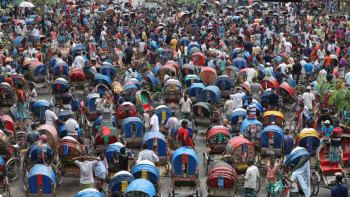



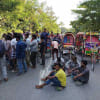
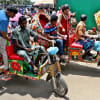
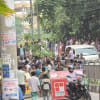
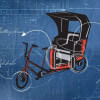

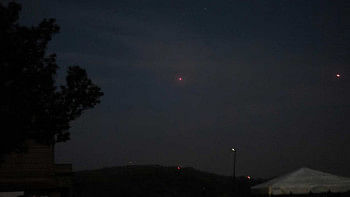
Comments